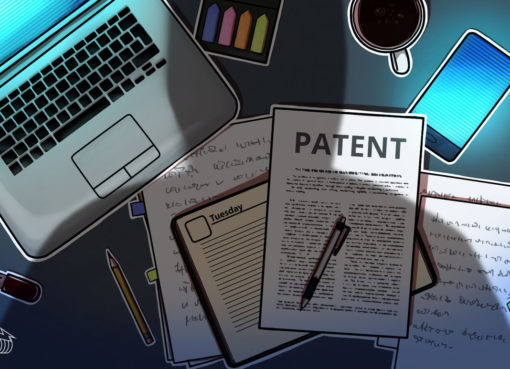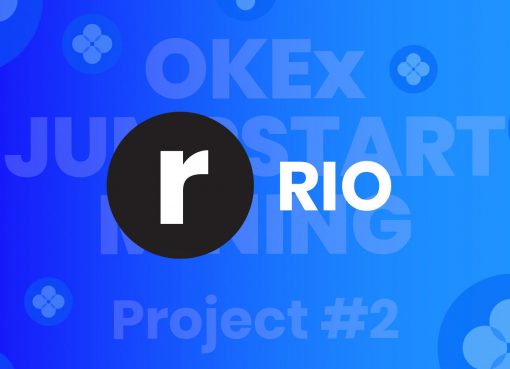Bank of America’s analyst says that Solana could take market share away from Ethereum. Noting that Solana is optimized for micropayments, gaming, and non-fungible tokens (NFTs), the analyst expects “Solana could become the Visa of the digital asset ecosystem.”
Bank of America on Crypto, Ethereum, and Solana
Bank of America (BOFA) analyst Alkesh Shah published a research note on cryptocurrency this week arguing that Solana could take market share away from Ethereum.
The Bank of America analyst described that Solana “produces a blockchain optimized for consumer use cases by prioritizing scalability, low transaction fees and ease of use,” citing Solana Foundation member Lily Liu.
Its ease of use and low cost make the crypto optimized for micropayments, gaming, and non-fungible token (NFTs). With more than 50 billion transactions settled since its March 2020 launch, and $10 billion in total value locked, Shah said:
Solana could become the Visa of the digital asset ecosystem.
Solana is the fifth-largest cryptocurrency with a market capitalization of about $46 billion. Ethereum is the second-largest crypto with a market cap of almost $400 billion at the time of writing based on data from Cryptox.trade Markets.
Noting that Solana’s differentiation from Ethereum is “proving successful,” Shah noted that the valuation gap provides an opportunity for Solana. Its Proof of History blockchain helps improve the performance of its Proof of Stake consensus mechanism, the Bank of America analyst opined, noting:
These innovations allow for the processing of an industry-leading ~65,000 transactions per second with average transaction fees of $0.00025, while remaining relatively decentralized and secure.
Meanwhile, the Ethereum blockchain prioritizes decentralization and security, at the expense of scalability, Shah described, adding that Ethereum’s scalability issue has led to periods of network congestion and ultra-high transaction fees.
Emphasizing that other scalable blockchains could chip away at Ethereum’s market share, Shah explained:
Ethereum’s prioritization could optimize it for high-value transactions and identity, storage and supply chain use cases.
Crypto exchange Coinbase recently predicted that “ETH scalability will improve.” However, “As we welcome the next hundred million users to crypto and Web3, scalability challenges for ETH are likely to grow.”
Last week, a JPMorgan analyst explained that Ethereum’s Merge and Layer 2.0 introduction will speed up transactions and could significantly cut energy consumption. However, another JPMorgan analyst noted that Ethereum might lose its decentralized finance (defi) dominance due to scaling issues.
Meanwhile, Solana is not without its problems. Last week, Cryptox.trade News reported that the Solana network experienced “degraded performance due to an increase in high compute transactions … This is leading to increased loading and transaction processing times, and some failed transactions.”
Do you agree with Bank of America that Solano will take market share from Ethereum and become the Visa of crypto? Let us know in the comments section below.
Image Credits: Shutterstock, Pixabay, Wiki Commons
Disclaimer: This article is for informational purposes only. It is not a direct offer or solicitation of an offer to buy or sell, or a recommendation or endorsement of any products, services, or companies. Cryptox.trade does not provide investment, tax, legal, or accounting advice. Neither the company nor the author is responsible, directly or indirectly, for any damage or loss caused or alleged to be caused by or in connection with the use of or reliance on any content, goods or services mentioned in this article.




